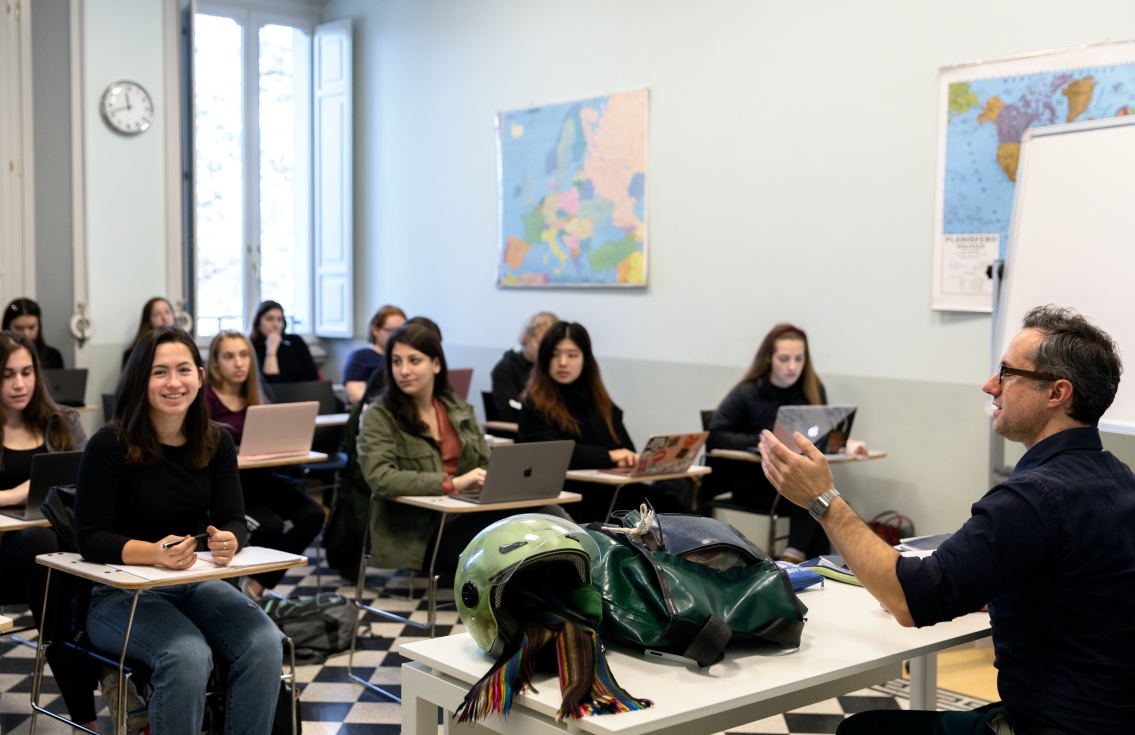
How can we understand humans' different ways of life and thinking? Humanities students learn to appreciate and analyze cultures by exploring literature, art, history, philosophy, and religion. For instance, they might examine Homer's poetry or Plato's ethics, study sacred paintings or modernist architecture, analyze the workings of slavery or the rise and fall of fascism, or evaluate James Joyce's writing or Andy Warhol's pop art.
By exploring such cultural products, they learn to understand the distinctive objects, approaches, and debates in the relevant fields and how to connect, compare, and theorize about them. They may also choose to concentrate on one or more specific fields, developing their own interests and expertise and taking advantage of the University's unique location in Rome, Italy, and the Mediterranean. The cultural knowledge that they gain and the reading, analysis, and research skills that they develop enrich their studies in other fields, such as business, politics, and communications, and provide the basis for a wide range of graduate studies and careers.
Three courses from the following list of courses:
Three additional courses in the fields of HS, CL, ARCH, AH, literature (including EN, IT, and ITS), RH, MUS, PH, or RL.
At least two of the six courses must be at 300- or 400-level.





